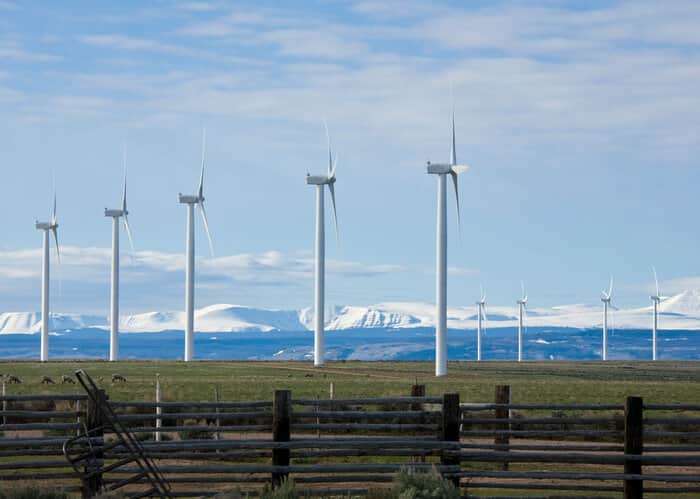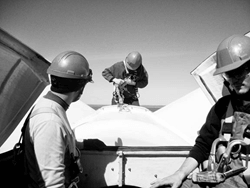The U.S. Department of Energy (DOE) has granted the University of Central Florida (UCF) a $3.2 million award to lead one of four national consortia to develop distributed technologies to help increase engineering capacity and prepare for a national shift from traditional sources of electricity to renewables, such as solar and wind.
UCF says the award for Foundations for Engineering Education for Distributed Energy Resources (FEEDER) is a part of a broader DOE investment of $12 million to increase the nation's capacity to support distributed energy technologies. FEEDER is supported by the DOE's SunShot Initiative and through the Grid Engineering for Accelerated Renewable Energy Deployment program.
According to UCF, the FEEDER center will bring together seven universities (Auburn University, Florida State University, University of Arkansas, UCF, University of Florida, University of Kentucky and University of South Carolina), eight utility companies (including Duke Energy, Florida Power & Light, Southern Co. and Orlando Utility Commission), two national laboratories (National Renewable Energy Laboratory and Los Alamos National Laboratory) and eight industry partners (including Siemens, SAIC, LEIDOS and Schneider) to speed up the development of technologies needed to prepare the nation's electric grid to operate on renewable energy sources.
The FEEDER center will research technological components, such as distributed control, optimization, advanced communication, renewable generation and smart grids, to help transform the electric grid, UCF reports.
The university adds that the FEEDER center will also focus on education by establishing a cross-institutional smart grid curriculum; facilitating research collaborations among the academic, utility and industrial partners; and incorporating the latest and most relevant research findings into new educational materials and courseware.



